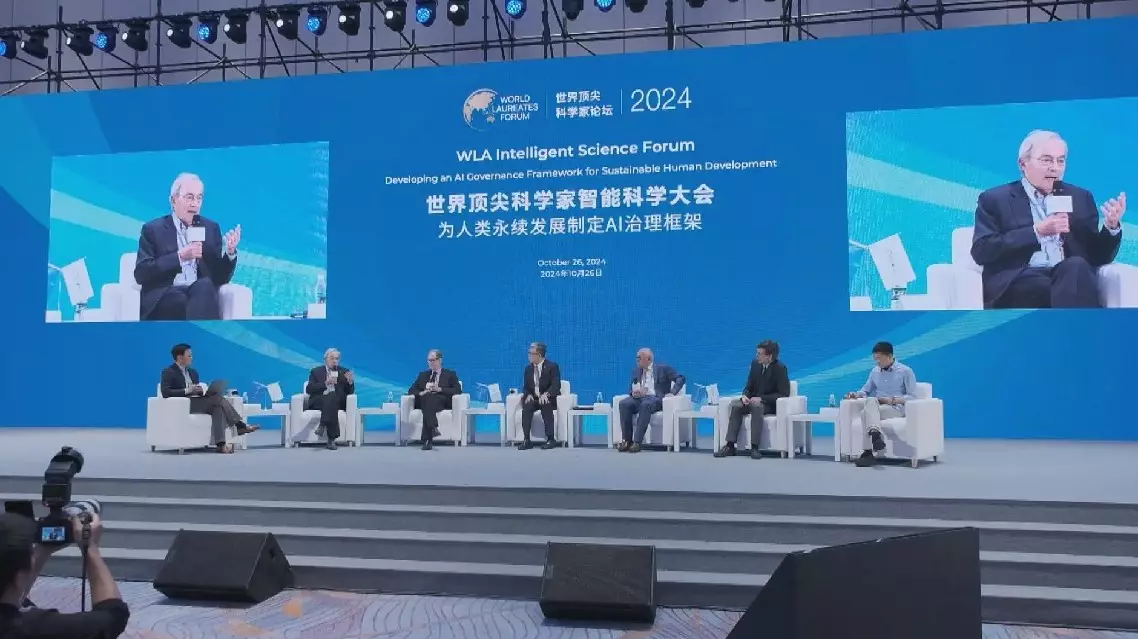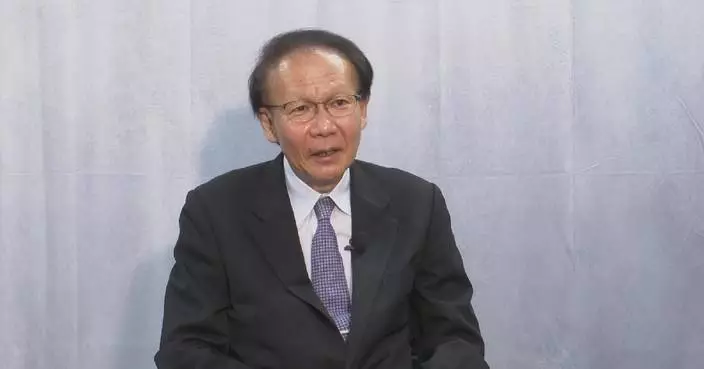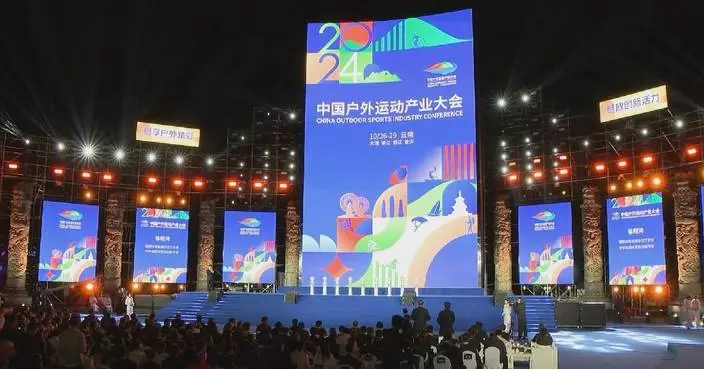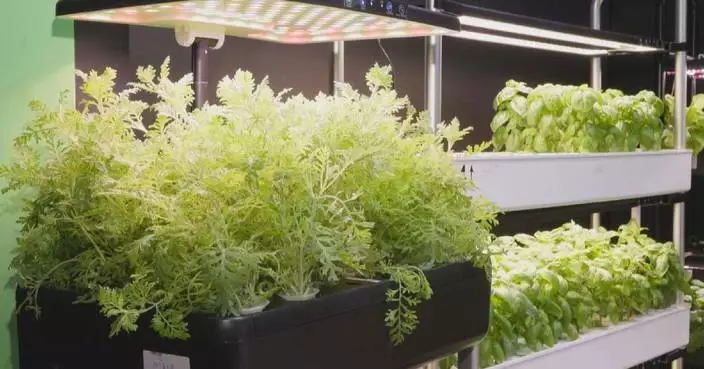AI-powered industrial robots see broader application in Changzhou City of east China's Jiangsu Province, which improves efficiency of quality inspection in factories while aiding the re-employment of workers.
Changzhou is a hub of China's robotics industry. It hosts around 150 companies that span the entire robot industrial chain, with a scale of nearly 30 billion yuan (about 4.21 million U.S. dollars).
In Micro-Intelligence, a tech company based in Changzhou, a group of AI-powered industrial robots are undergoing the final round of training and testing.
An intelligent robot can learn and simulate human movements quickly. The camera positioned above its arm observes every movement of a person's hand, allowing it to analyze, learn, and comprehend these motions to replicate what it "sees".
"We give the robot an 'eye' and 'brain' to help it recognize the surrounding environment. We transmit the information and data it collects to the large model, enabling it to understand tasks, instructions and movements," said Pan Zhengyi, general manager of the company, as he introduced the latest model of the industrial robot launched by his company.
Such robots can be applied to a variety of scenarios to satisfy growing needs in the market.
"We initially used the robot in quality inspection, spanning from manufacturing of 3C (computer, communication and consumer electronics), vehicles, small home appliances, and lens to electric motor stators and rotors for new energy vehicles, as well as interior and exterior components of vehicles and large die-casting parts. The market demand for these robots is quite substantial," said Pan.
In a company manufacturing flat wire motors in Changzhou, these AI-powered industrial robots are performing a difficult inspection task.
"A flat wire motor has about 288 wielding points. When people inspect these parts, their eyes would get tired, which would lead to misjudgments and missed errors. We launched the second intelligent production line in July, which reduces the time for inspection from five minutes to less than 2.5 minutes, and the pass rate can exceed 95 percent," said Qin Jinyu, general manager of the company.
In a workshop of a 3C electronics manufacturing factory in Changzhou, 64 smart industrial robots are operating at high speed, using their mechanical arms to conduct quality inspection on smartphone camera brackets.
A workshop next to it used to be filled with workers to inspect electronics, but now only several workers still need to work there, since just a handful of short-term projects still require human visual inspection.
Having performed inspection tasks for 19 years, Wang Hui used to be one of those workers who had to identify defects on around 10,000 parts a day per person. But now, leveraging her extensive experience, Wang has transitioned to an AI annotator at Micro-Intelligence, identifying and tagging data samples that are typically used to train machine learning models.
"Now on the company's platform, I use tools to annotate defects on images of products, leveraging my past experience of manual inspection to generate data for models to learn from," she said.
There are more than 50 AI annotators in the company who successfully transitioned from inspectors like her. Such kind of transition contributes to the re-employment of laid-off workers and creates a bridge connecting factories, machines, and large AI models, Wang said.
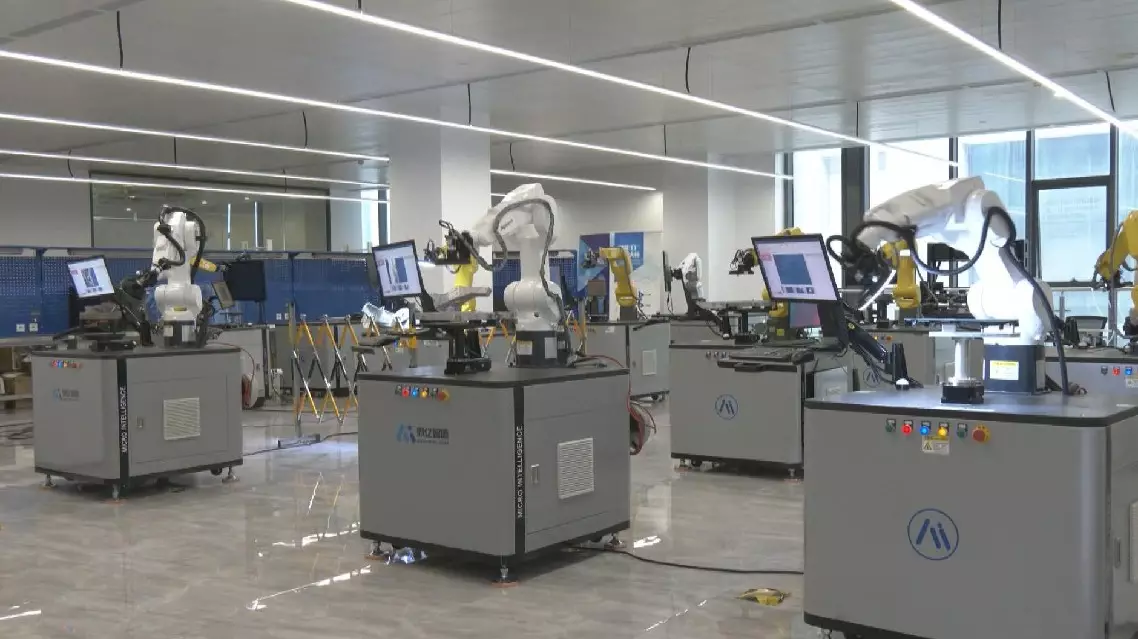
AI-powered industrial robots expand application in Changzhou


